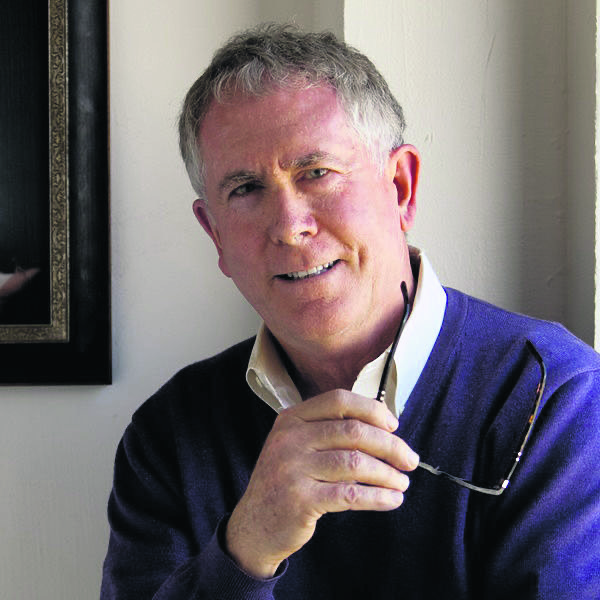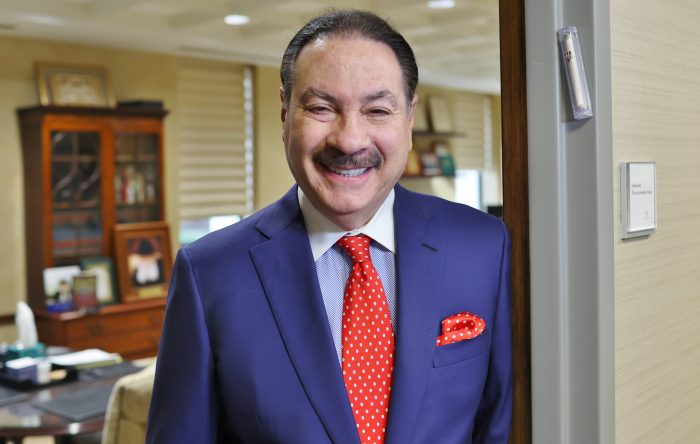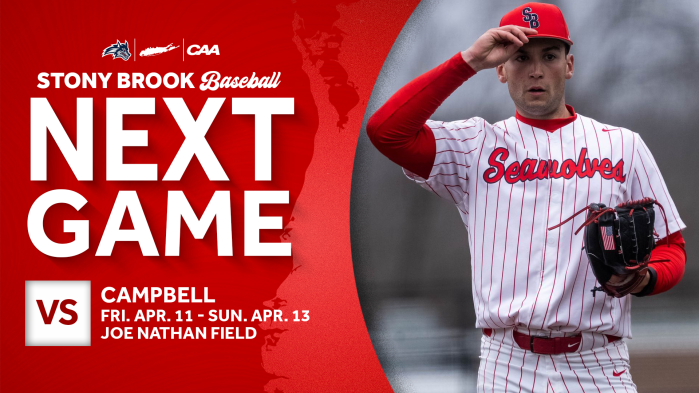My work with professional athletes usually involve ongoing one to one sessions. However on occasion I am asked to consult with teams in an effort to resolve behind the scene team conflicts, low morale, athletes that tantrum, drug use, burn out problems, slumps, locker room jealousies and more.
Sport psychology for teams is now using the term ‘thriving’ which refers to a focus on both performance as well as mental health. However it must be admitted that the psychology of team sports is still in its infancy and continues to search for ways to manage the complex organizational dynamics which include GM’s, head coaches, coaching staff, trainers, players and fan base.
So in order to get more of a handle on team dynamics, I recently turned to a leader in the field of organizational psychology, Andrew Harrison who runs Bonfire Consulting. His group is located in Rochester, N.Y., and he has helped major corporations with group dynamics like adaptability, collaboration or innovation.
I happened to meet Andrew when I was at the PGA Championship last year in Rochester. Over the last several months we have developed a friendship and I have asked him how he has managed to change the organizational practices in such complex global corporations like Exxon Mobil, Walmart, Lockheed Martin and NASA.
He told me that he uses a host of instruments, workshops and one to one coaching sessions with corporate leaders to communicate a few messages. He believes that in this age of AI and rapid change, you no longer have the luxury of remaining the same. You simply must either grow or die.
To do this Andrew shows employees and department heads how to collaborate and communicate with each other with a series of online and face to face ‘psychological safety ‘ workshops. He told me that corporate teams must have a culture of safety whereby they can share their innovative ideas without fear of repercussion.
Of course, innovative leaders in organizational psychology have been around since the 1950’s starting with Elliot Jacques book “The Changing Culture of a Factory” through Edgar Schein’s classic “Organizational Psychology.” And I think what these guys all have in common, including Andrew Harrison, is a combination of giftedness and a deep desire to help people. Andrew told me he was labeled a gifted child as far back at grammar school and this led to him writing books, teaching at universities and now running his own consulting company.
I am sure that the lessons I learned from Andrew will help me to navigate the stress-filled and highly competitive, non-communicative culture of team sports where conversations rarely go beyond phrases like “No worries, I’m fine coach.” Then the athlete goes home and beats up on his wife.
Whether you’re an athlete or part of a corporation, we all live in a highly competitive, fast paced, and ever changing world and its quite comforting to know that there are guys like Andrew Harrison who are talented enough and brave enough to dive into the fast moving corporate waters and help those embattled CEO’s who know that their jobs are on the line if they don’t keep there employees happy and at the same time make a profit.
So thank you kindly Andrew Harrison. And by the way, if you are one of those managers or CEO’s who may need some help along the way Andrew can be reached at Bonfireteam.com. As Andrew told me “you can’t make changes alone.”

































